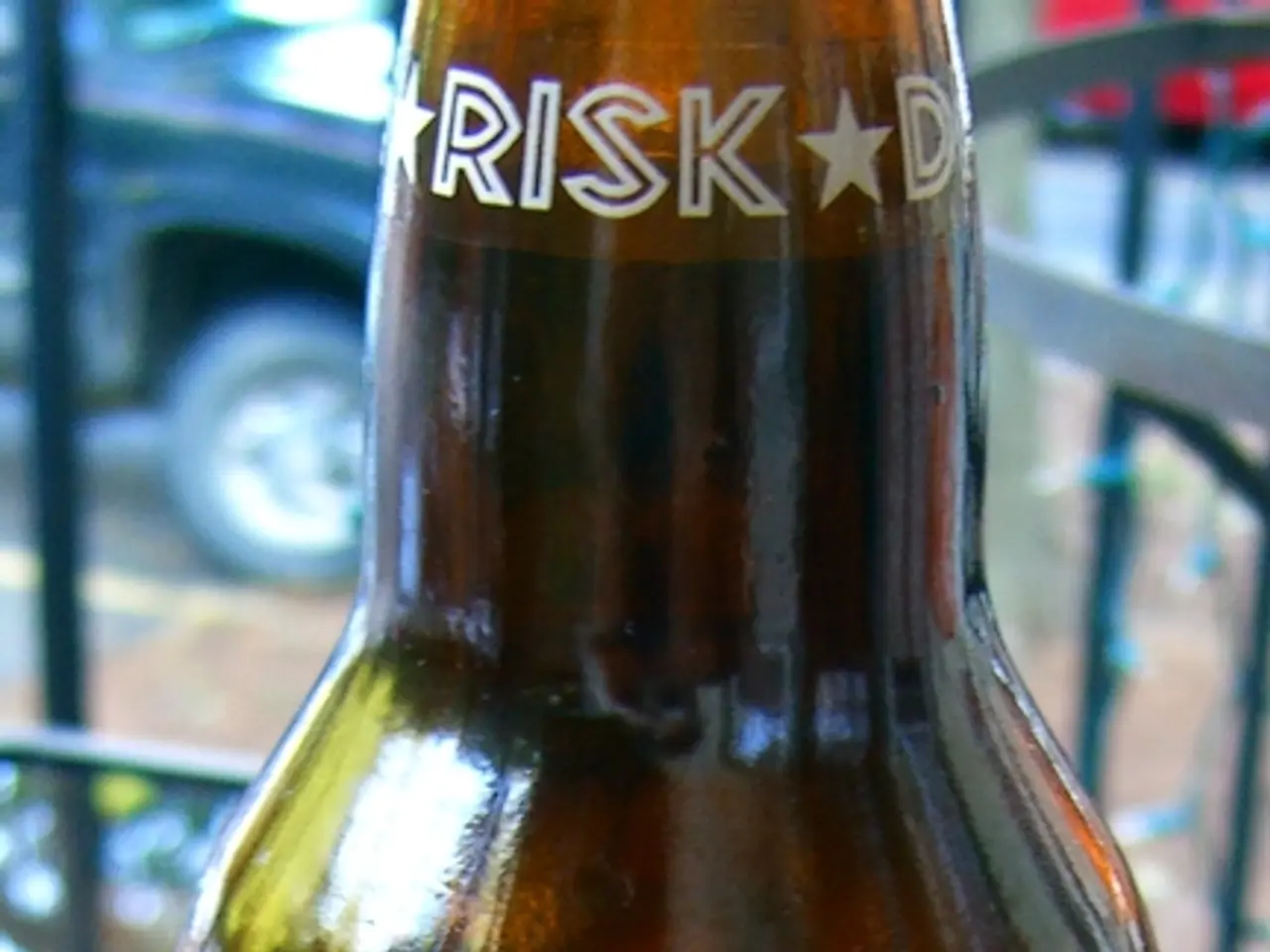Industries associated with gambling, food, and beverages should cease financing school resources
In recent times, a growing chorus of health experts and organizations have expressed their concerns about industry-sponsored school materials from the food, drink, and gambling sectors. These concerns revolve around potential conflicts of interest and the risk of biased health messaging that could mislead children.
The focus of these materials, as argued by the coalition of health experts, is often on the positive aspects of these activities, rather than their potential risks. For instance, pupils are taught about "gambling responsibly" in school materials, according to some reports. Similarly, there is a depiction in some materials of a right way of pouring a glass of wine.
These materials are accused of being a conduit for false narratives that seek to influence vulnerable minds. Critics argue that they mischaracterize certain products and fail to highlight their risks, potentially promoting consumption habits contradictory to public health recommendations.
A coalition of 58 health experts has criticized the practice of having industry-sponsored materials in schools. This coalition includes doctors, charities, and public health specialists who have urged Bridget Phillipson, Minister for Women and Equalities of the United Kingdom, to assist with removing such materials from the school curriculum.
The British Medical Association, the World Cancer Research Fund, and the Obesity Health Alliance have also joined the criticism, expressing their concerns about the involvement of industries in the school curriculum.
However, GambleAware, a charity that provides support for people affected by gambling-related harm, claims that any materials and activities circulated in schools were intended to raise awareness about gambling-related harm rather than promote the gambling industry. They assert that these materials are meant as a deterrent and to raise awareness about the dangers of gambling-related harm.
The preference among health experts is for unbiased, science-based educational materials on health topics in schools. This reflects principles embraced by organizations like the National Institute of Environmental Health Sciences, which emphasizes the importance of providing reliable, evidence-based educational materials on health without industry sponsorship.
Effective health education stresses accessibility and comprehension without commercial influence to improve health outcomes. As such, advocacy from public health experts aligns with the recommendation for schools to rely on scientifically vetted curriculum resources free from commercial interests to ensure transparency and accuracy in health-related education.
In summary, the growing calls to remove or limit materials sponsored by food, drink, and gambling industries from school curriculums aim to safeguard children's health knowledge integrity and promote unbiased, science-based health education.
- Concerns about biased health messaging in school materials, often promoting the positive aspects of gambling, food-and-drink, and other industries, have been voiced by a coalition of health experts, including doctors, charities, and public health specialists.
- Critics argue that materials sponsored by these industries, such as those teaching children about "gambling responsibly" or the 'right way' to pour a glass of wine, mischaracterize certain products and fail to highlight their risks, potentially promoting harmful consumption habits.
- The preference among health experts is for science-based educational materials on health topics in schools, free from commercial influence, as emphasized by organizations like the National Institute of Environmental Health Sciences.
- Effective health education aims to be accessible, comprehensible, and free from commercial influence to improve health outcomes, aligning with the recommendation for schools to rely on scientifically vetted, unbiased resources to ensure transparency and accuracy.




